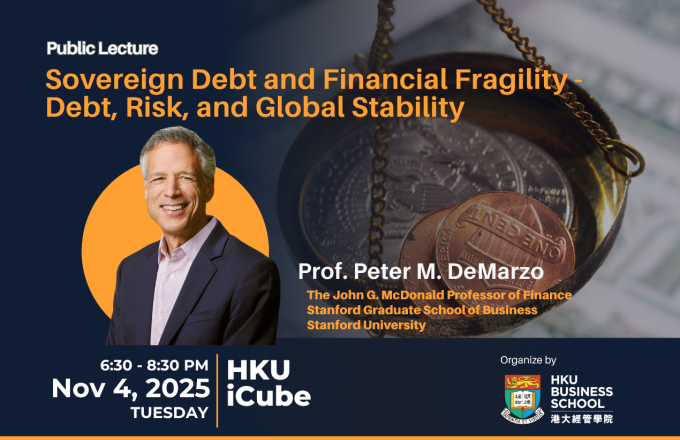Money for Fun or Fun for Money? How Financial Rewards Reshape Digital Hedonic Service Engagement
Professor Hyeokkoo Eric Kwon
Associate Professor of Information Technology and Operations Management
Nanyang Business School
Nanyang Technological University
Facing rapid user churn, game developers are turning to an age-old remedy: paying players to play. Play-to-Earn (P2E) introduces sustained cryptocurrency rewards into gaming environments typically driven by enjoyment rather than monetary gain. Prior research on financial incentives has largely examined activities with low intrinsic appeal, such as exercise or studying, and found two consistent patterns: incentives raise engagement while offered but trigger an even steeper decline once removed, and they are costly to sustain. P2E differs in two important ways. First, because rewards are in cryptocurrency rather than real currency, they can be provided indefinitely without budgetary constraints—raising the question of whether perpetual incentives can avoid the post-removal backfire effect. Second, P2E applies incentives to an activity that is already highly intrinsically motivating, like gaming—prompting the question of whether such incentives amplify engagement or instead crowd out the enjoyment that drives it. We address these questions through a natural experiment in a global mobile game that added P2E mechanics for a subset of players while leaving the original design intact for others. Using a three-year panel of behavioral data, we estimate the causal effect of P2E. The results are striking: although a small group of players who actively used P2E rewards increased their engagement, the vast majority—who were merely exposed to but did not utilize these rewards—played less, spent less, and churned earlier. These negative effects outweighed the gains among active P2E participants. Granular behavioral analysis reveals a motivational shift: even without claiming rewards, exposure to P2E reoriented players’ focus from hedonic enjoyment to extrinsic, gain-oriented goals. Players prioritized efficient progression (e.g., leveling, quest completion) over exploratory, social, and competitive play. This shift reduced retention, as gain-oriented motivation—tied to delayed and uncertain rewards—felt psychologically distant compared to the immediate gratification of play for fun. This study extends financial incentive theory by showing that even sustained rewards can crowd out strong intrinsic motivation in hedonic settings. The findings offer practical guidance for digital platforms: incentive structures that work for utilitarian tasks may undermine long-term engagement in hedonic services.














